– Prime Minister Viktor Orban recently vetoed a joint statement on Ukraine’s political and military support at the latest EU summit. How do you think this decision will affect Hungary’s relations with other EU member states, particularly in terms of common foreign policy goals?
– I think it’s important to clarify just what is the legal nature of this document. Is it primarily a foreign and security policy document, or does it concern the defense industry or even EU expansion? In my view, this matter falls entirely within the realm of common foreign and security policy, as thi sis the key element connecting the three issues discussed. So from this perspective, the process of the last EU summit was particularly significant. It was definitely evident that decisions regarding aid to Ukraine were far less prepared than in previous cases, meaning they haven't managed to properly pave the way for member states to reach a consensus in many cases. So things became more uncertain regarding this issue, and there is much less palpable agreement among member states—whether on taking out loans, the total extent or amount of aid, or what sources Brussels intends to use in order to finance it.
This is why I emphasize that this is a foreign and security policy issue. The statement was signed and adopted by 26 member states, while Hungary vetoed it—clearly making this a foreign and security policy veto. If the declaration by those 26 countries is implemented as if it were a unanimous decision, that would constitute a violation of the EU treaties.
The EU's current political climate also appears to reveal a growing tendency in Brussels to avoid requiring unanimous agreement from member states whenever possible. However, it is crucial to acknowledge that no decision should be forced upon member states if full agreement is lacking. Migration has been the best example of this—when consensus is absent, decisions simply do not get implemented by member states because they would undermine the bloc's integration framework.


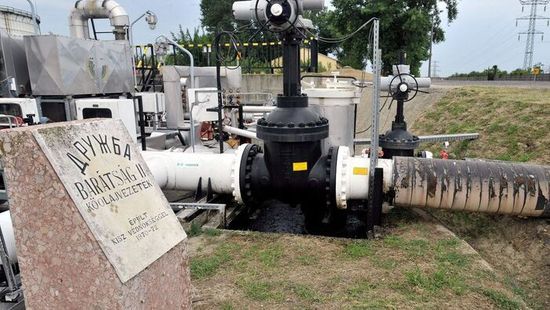

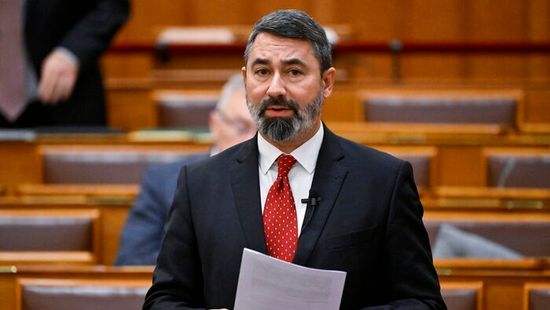
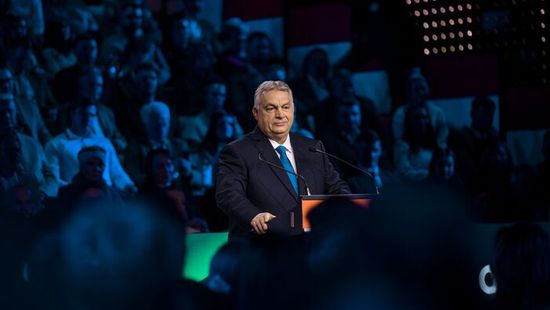







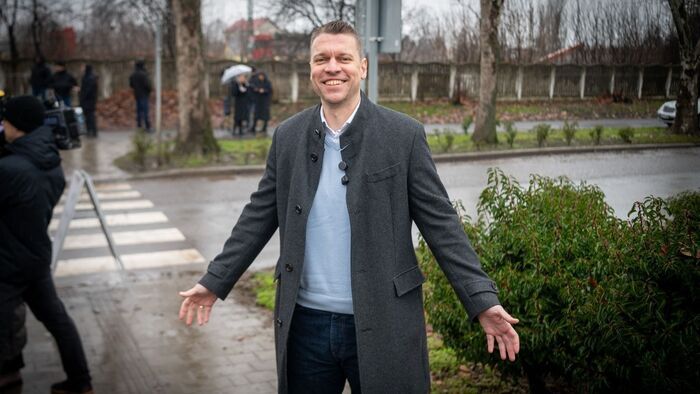

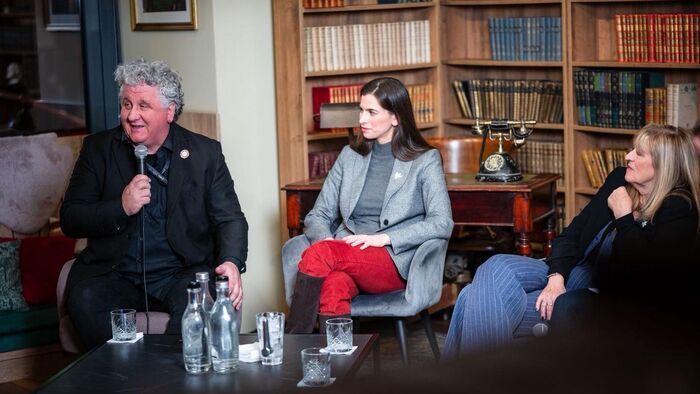
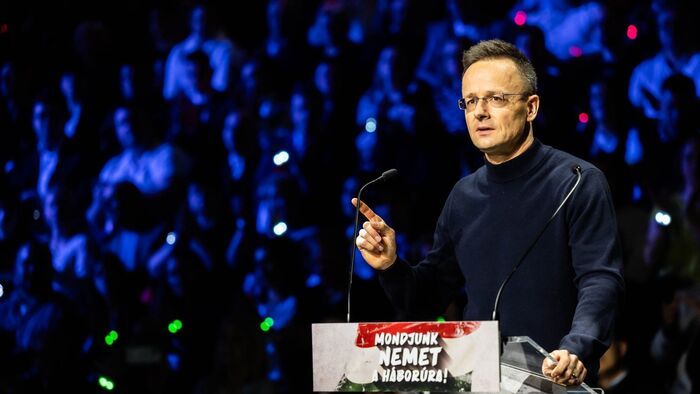
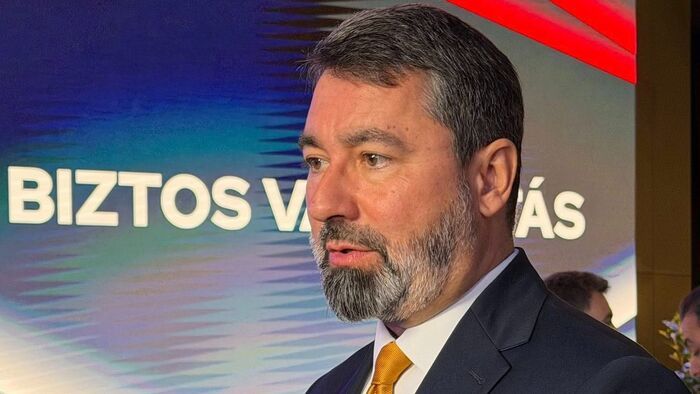
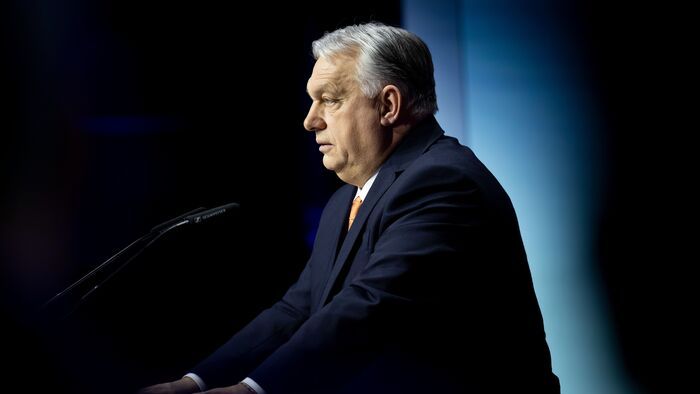





Szóljon hozzá!
Jelenleg csak a hozzászólások egy kis részét látja. Hozzászóláshoz és a további kommentek megtekintéséhez lépjen be, vagy regisztráljon!